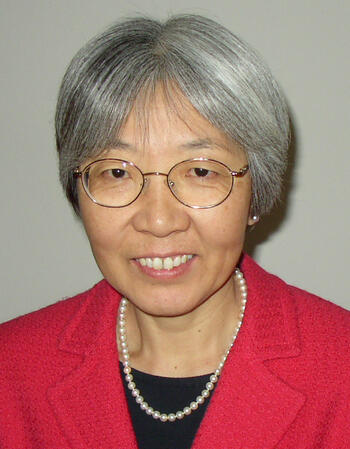Strategic Culture and National Personality: A Comparative Study of China, Japan and Korea
Tuesday, April 12, 201612:00 PM - 1:15 PM (Pacific)
Encina Hall, Third Floor, Central, C330
616 Jane Stanford Way, Stanford, CA 94305
The three key countries in Northeast Asia are in different economic stages: China is developing, Korea is already developed, and Japan is in a post-development stage. Japan’s early modernization, which encompassed economic, social, and political reforms, raised the country to a position of Asian leadership for a century, up to the 1980s. Korea copied the Japanese model beginning in the 1960s, and China began its own serious economic reforms in the early 1980s. By the 2000s, Korea had surpassed Japan in some economic sectors, and China’s economy, by dint of its scale, now threatens to overwhelm its neighbors’. At the same time, all three societies share deep roots in Chinese civilization and Confucian culture. Yet, as modernity and globalization increasingly affect all of Asia, that traditional culture is gradually being modified. In the process of these economic and cultural changes, three new and different strategic cultures and national personalities are emerging. Asia scholar and author Katy Oh will examine the changes among the countries of Northeast Asia and how they are affecting their relationships with one another.

This public event is made possible through the generous support of the Koret Foundation.
